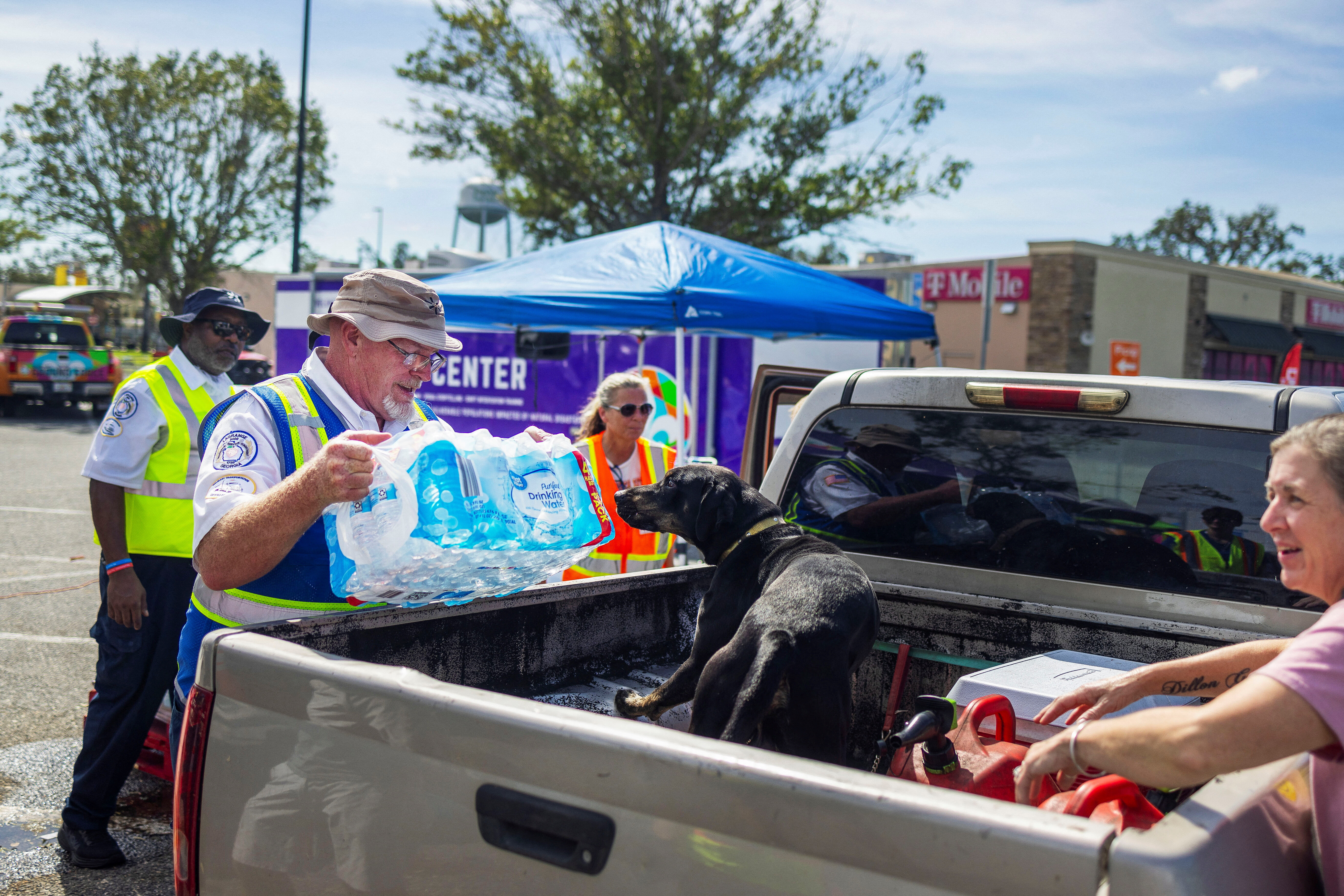
Southeastern U.S. — As the death toll continues to rise from Hurricane Helene, relief efforts continue for affected communities.
The Category 4 storm that first struck Florida’s Gulf Coast on September 26 dumped trillions of gallons of water across several states, leaving a catastrophic trail of destruction that spans hundreds of miles inland.
Businesses and homes were destroyed, whole communities nearly wiped out, hundreds of lives lost, with many more still unaccounted for. Massive flooding wiped out buildings, roads, utilities and land in a way that nobody expected, let alone seem prepared for.
It will take the efforts of countless people to help affected communities – from all levels of government, to non-profit organizations, to generous individuals like you.
Here's how you can make a difference.
Volunteer to help.
You can sign up to volunteer with a reputable group or organization. Trusted organizations operating in the affected areas know where volunteers are needed and can help find the best place for you to lend your efforts based on safety, as well as your training and skills. When volunteers are working under the direction of these types of organization, they can be extremely helpful in helping survivors return to their new normal.
Look up volunteer opportunities on the National Voluntary Organizations Active in Disaster website.
Cash is the best donation.
Financial contributions to recognized disaster relief organizations are the fastest, most flexible and most effective method of donating.
Cash donations allow these organizations to quickly address urgent or emerging needs. When you donate cash, it also moves through the economy of the affected areas. Supplies are purchased from local sources and local people are paid to help rebuild. This type of cash flow helps the economy recover more quickly.
Identify what is needed.
While you may wish to donate supplies, keep in mind that unsolicited goods may fail to meet the needs of disaster survivors. Sending other donations to affected areas can also complicate the jobs of staff, who now have to sort through these unsolicited goods instead of helping the community. Check to see what might be needed - and where - before you send supplies.
Don’t travel to affected areas.
While it may be tempting to immediately travel to affected areas to offer help, this can unintentionally create problems or extra work for responders.
Recovery lasts a lot longer than media attention. There will be volunteer and donation needs for many months, even years, to come. Explore the list of Voluntary Organizations Active in a Disaster to see how you may be able to help in the future.


 Merit Street Media
Merit Street Media